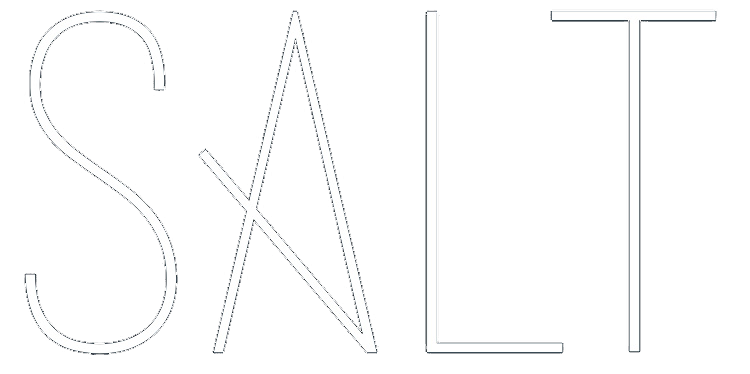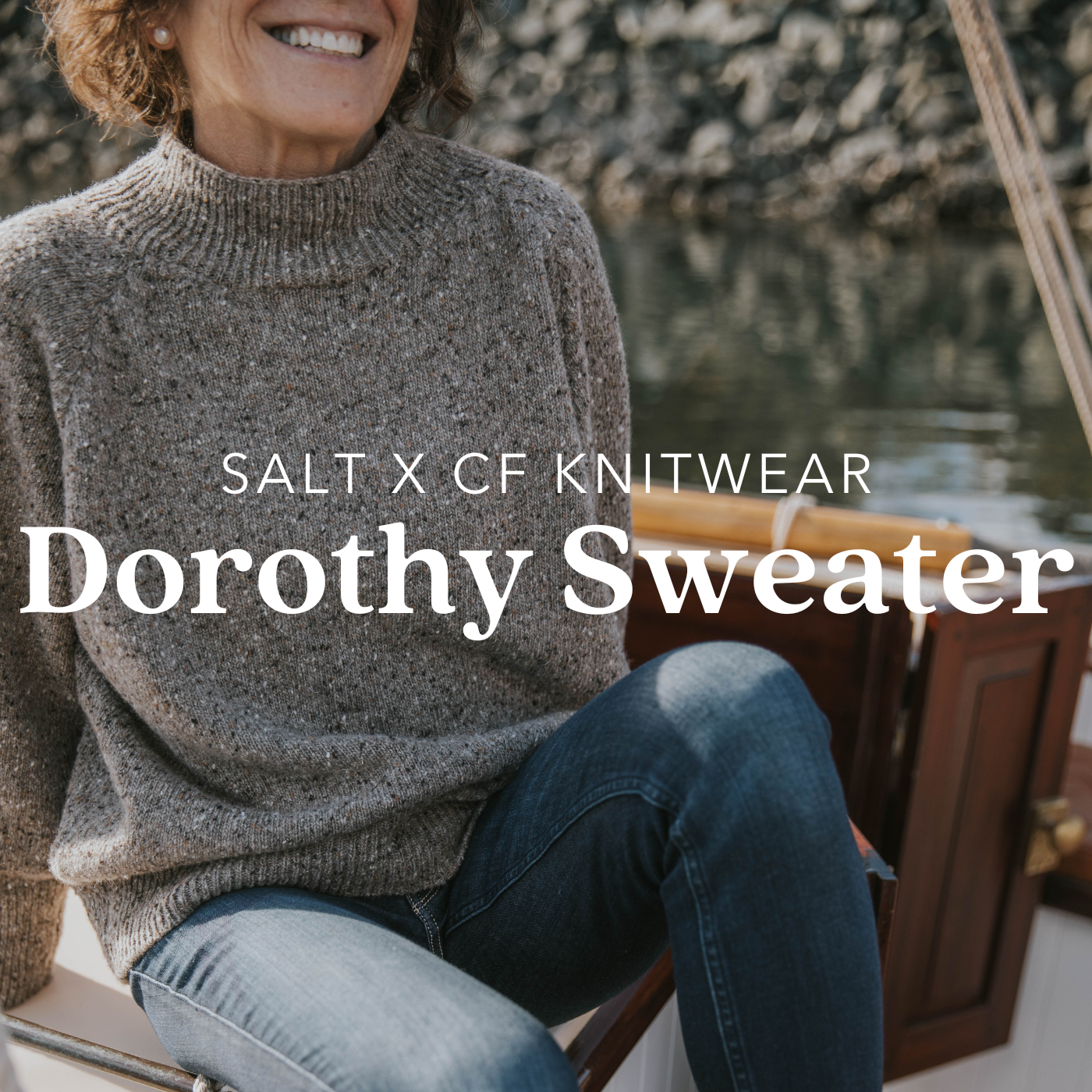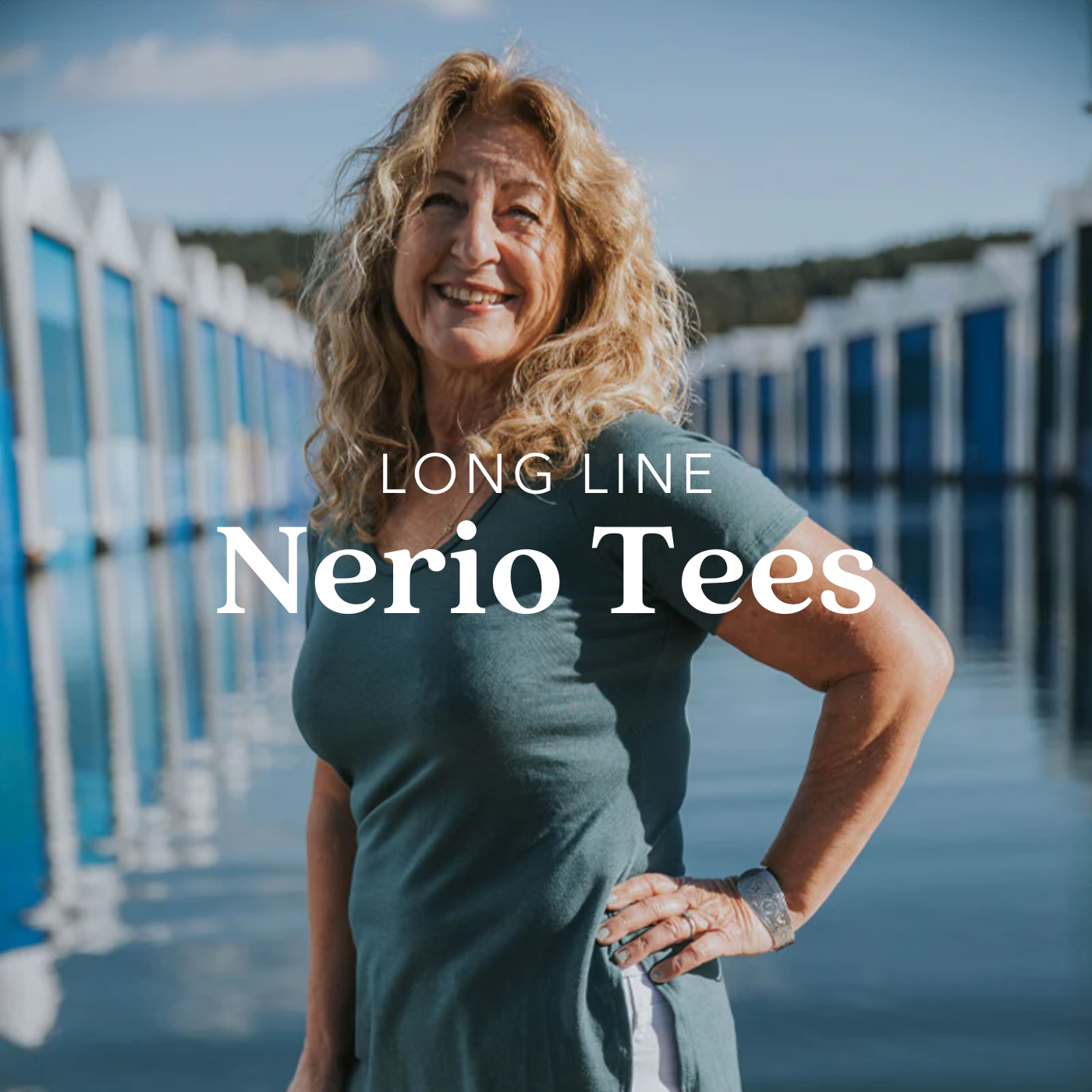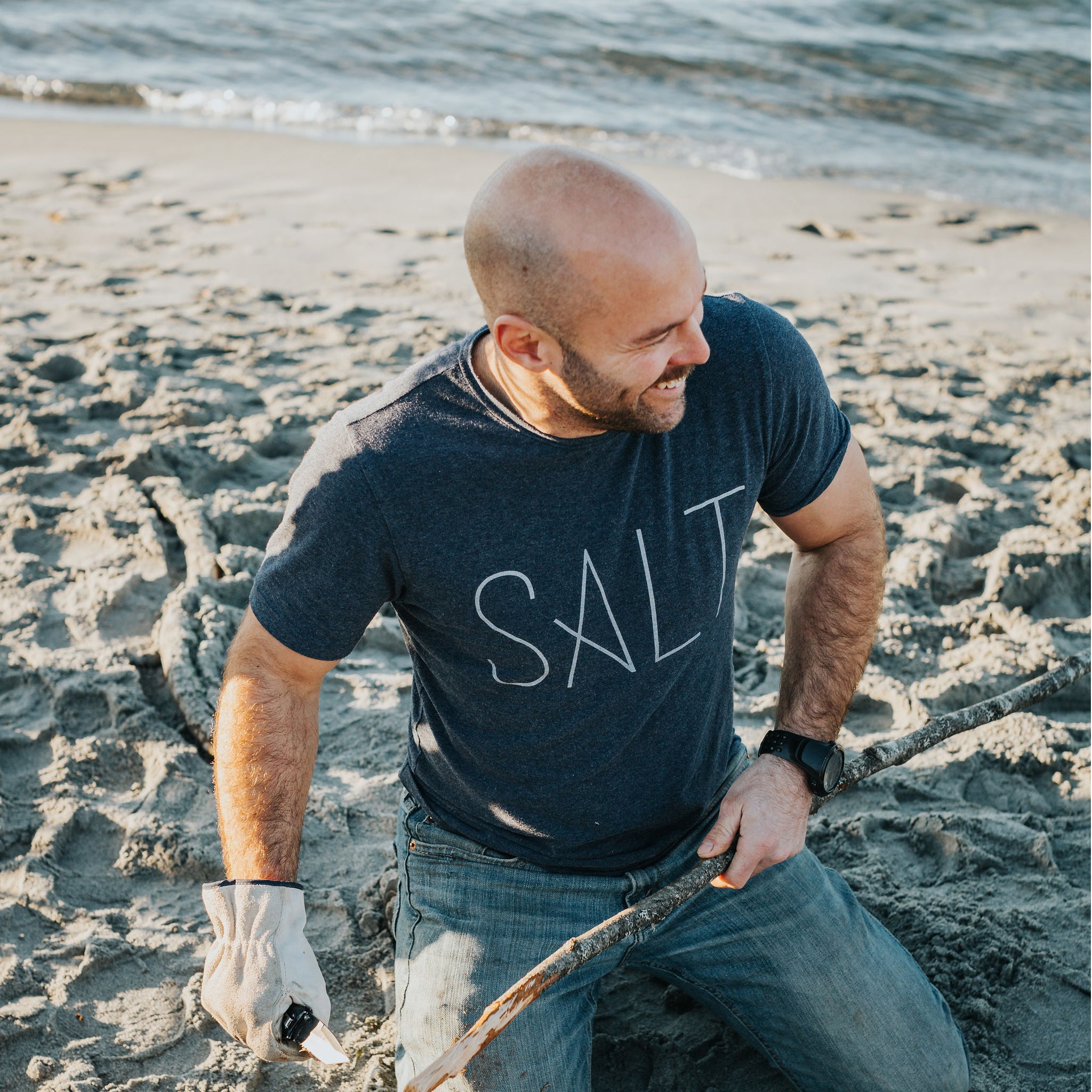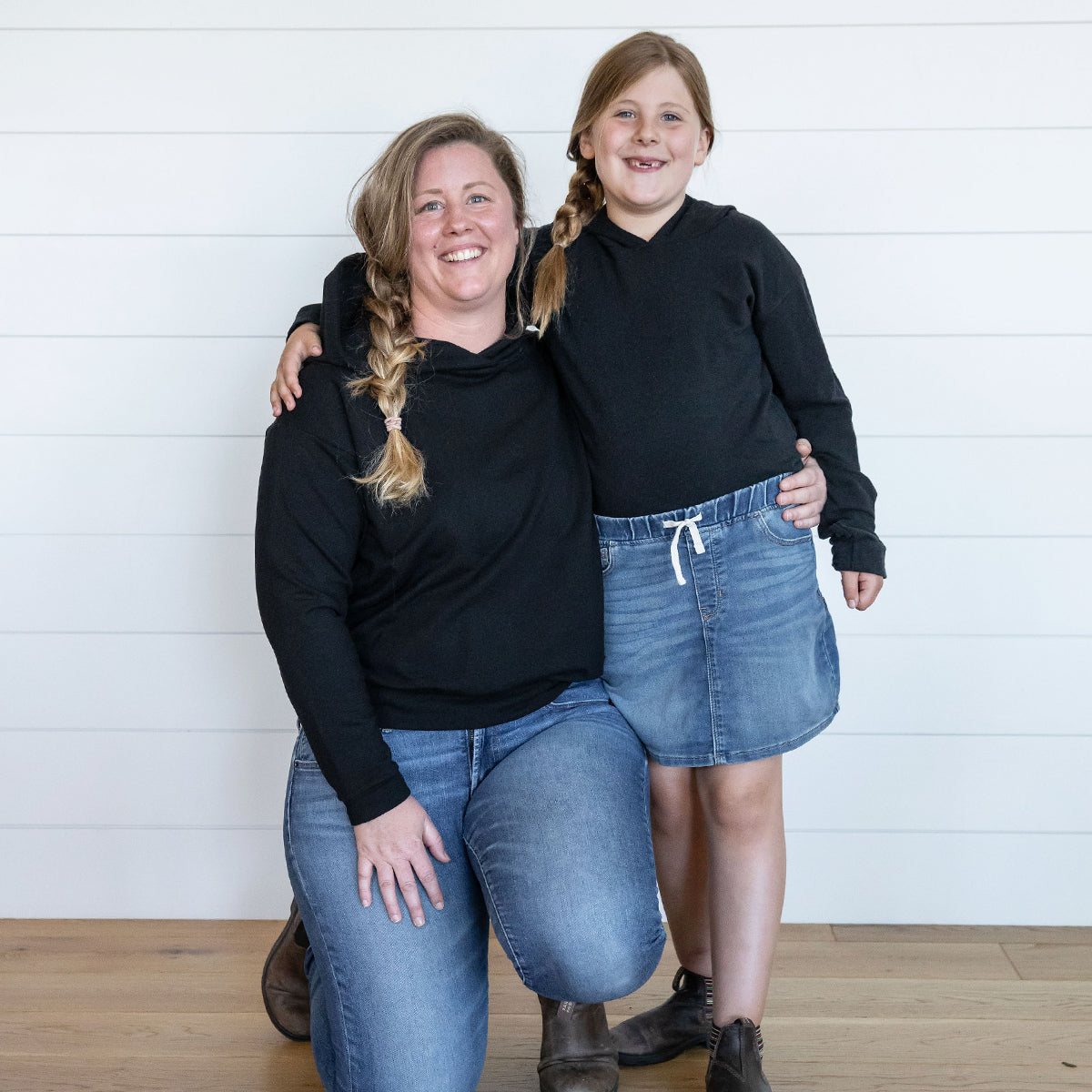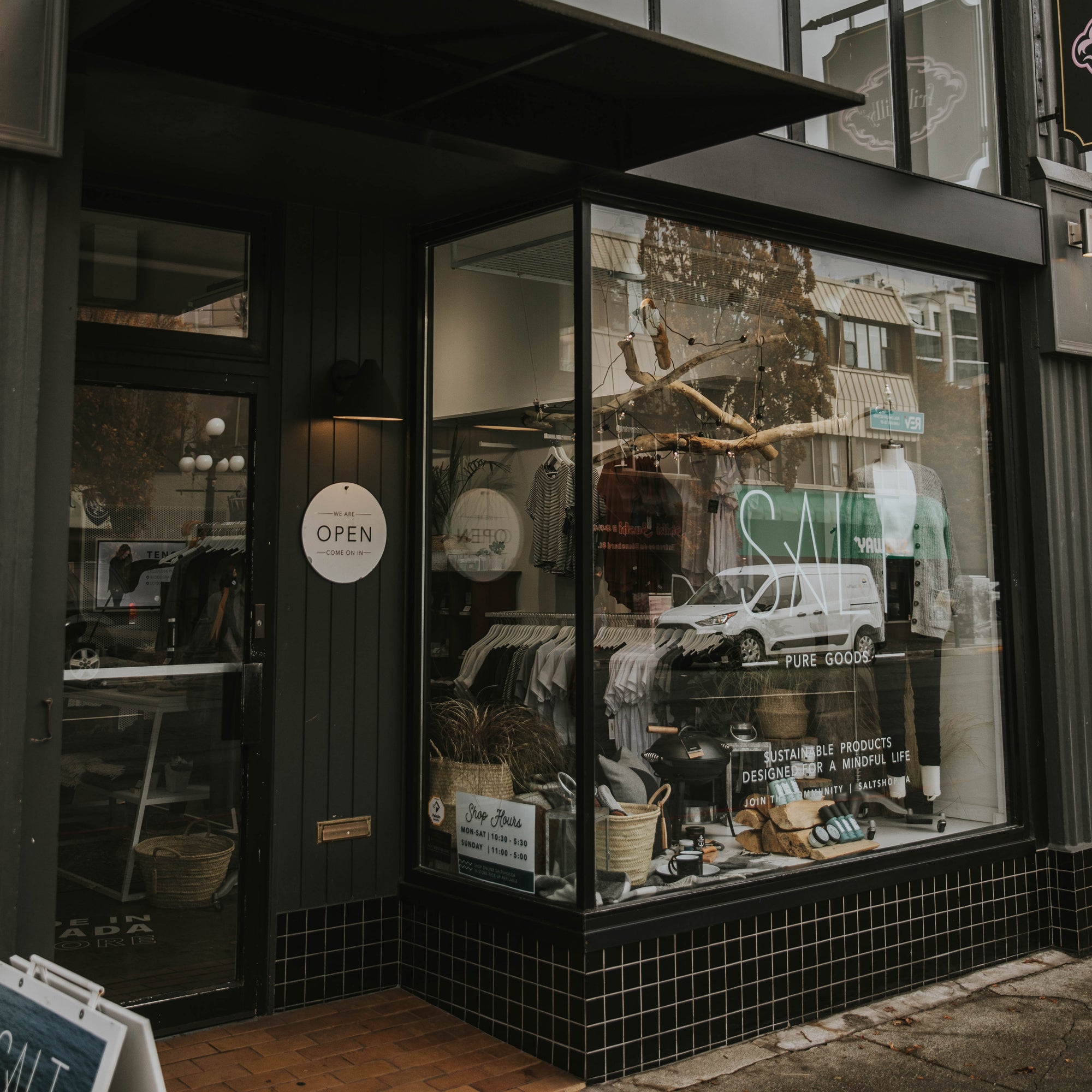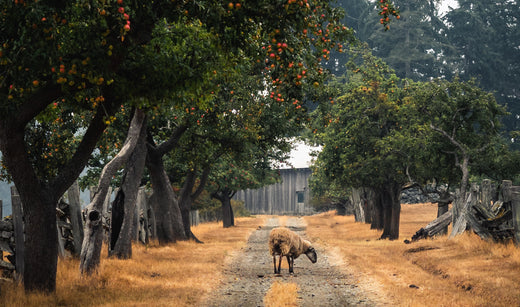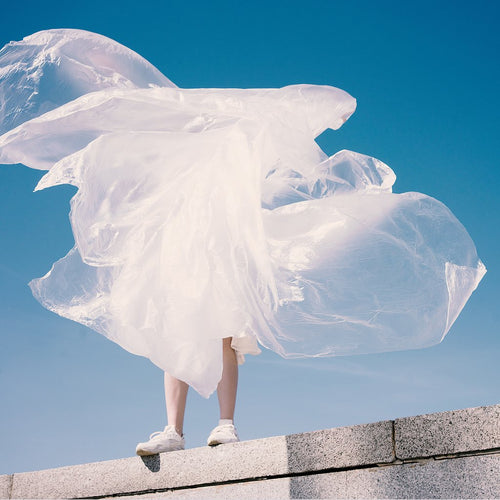
LIFE WITHOUT PLASTIC | Can We Do It?

Have you ever tried to count how many times you touch plastic in a day? Try it. If you live a conscious lifestyle and make an effort to eliminate plastic in your home, it might not be as many times as it could be. But if you leave your home, you have less control over coming into contact with it. And what about your car? What about every time you use something electronic, use running water, use a washroom?
And you have to think not only about the ingredients of the items you are using, but what was used to produce them as well. So even if the final product is plastic-free, what about the tools or machines that were used to make it? Unless it is a handmade item made from a sustainable substance, chances are that at least some plastic went into the process used in it's production.
This musing got us wondering "What if plastic was never invented? Would our lives really be that much harder?" The honest answer for a lot of people would be yes. In the last roughly 100 years since plastics have become more popular, it has become a part of nearly everything we do.
We feel like National Geographic highlights this issue succinctly
"Versatile, pliable, durable, cheap to produce - and ubiquitous....It is also both a life-saving miracle product and the scourge of the Earth." -National Geographic, Fast facts about plastic pollution
There isn't anything quite like it. Currently, plastic has many modern uses that we depend on quite heavily. Uses in home production, medicine, transportation, electronics, large scale agriculture, and getting just about any kind of modern service (like internet and running water) to our homes and businesses. The way we have integrated plastics into these products and systems, it would be nearly impossible to turn back the clock.
We could argue that many of these things could be done without plastic by using other substances like glass and metal, things that can more easily be recycled and reused. But does that argument stand in all these instances? What about medicine? Our current medical system makes an overwhelming amount of waste with their dependence on single use plastic items. Yes, things like metal, glass, and ceramics used to be the only options and we made due, but we also had issues with sterilization and operated at a lower level of technical acuity.
Now, the way our health care systems are structured and with the sheer number of people that need access to them, it really isn't feasible to revert to these other options (is it??). The repercussions to the system simply couldn't handle it, it could put people's lives at risk. But eventually, our Earth won't be able to handle all the waste we are creating. So what is our answer here?

To all of the questions this conversation raises, there is no simple solution. The reality seems to be that when we created plastics and integrated them into our lives to the point of dependency, we were not yet equipped with the policies we needed in place to deal with them responsibly, and we still aren't. We took things from the Earth (natural gas, oil, coal) that were probably never meant to be messed with and turned them into polymers and other substances that nature didn't intend to create. Nature is a closed-loop system - it never creates something it can't, at the end of it's life, repurpose. It's biology, it's physics, it's life. There is something arguably unnatural about the way we live now, even though we are a natural species. Like we have come too far, and we can't find our way home.
What would be great, would be if all plastics produced could be done so in a way where they could be broken down and/or recycled infinitely. Research and investment is happening to develop alternate forms of plastics, like starch-based, and cellulose-based plastics, hopefully resulting in bioplastics that are not only recyclable, but biodegradable. We look forward to delving into those results more in the future.
For now, as always, we encourage everyone to keep these thoughts in mind; consume consciously and make more sustainable choices when it comes to, well, everything. Read labels, ask questions, and make a stand for only purchasing sustainable "alternatives." Realistically, everything we use is going to be depleting some kind of resource, is going to have some impact. As a species, we can't avoid it; there are too many of us! But we can choose things that won't live on the Earth forever; things we can clean and melt down and re-purpose. Items that will eventually break down and return to their source and become something new. We would like the world to get to a place where instead of these items being thought of as plastic alternatives, they are just the norm. We were there once, and we're even more developed now; hopefully we can use that to our advantage.

Really, when we dispose of something without being responsible, or buy something without thinking about where the waste from it is going to end up, we are essentially saying that the lives of those that will live after us, human, animal, and otherwise, are less important than our own. And we all know, that is never true.
This discussion is complicated and could be taken in many different directions. This year we will be looking at many ways that plastic impacts our planet and our lifestyles, what is being done about it, and how we can be better. We hope you will follow along, offer your input, and be inspired to be a part of the movement to keep our Earth safe.
Shop plastic alternatives like Goldilocks Wraps, Dans le Sac, Falcon Enamelware, and Iris Hantverk in-store and online.

